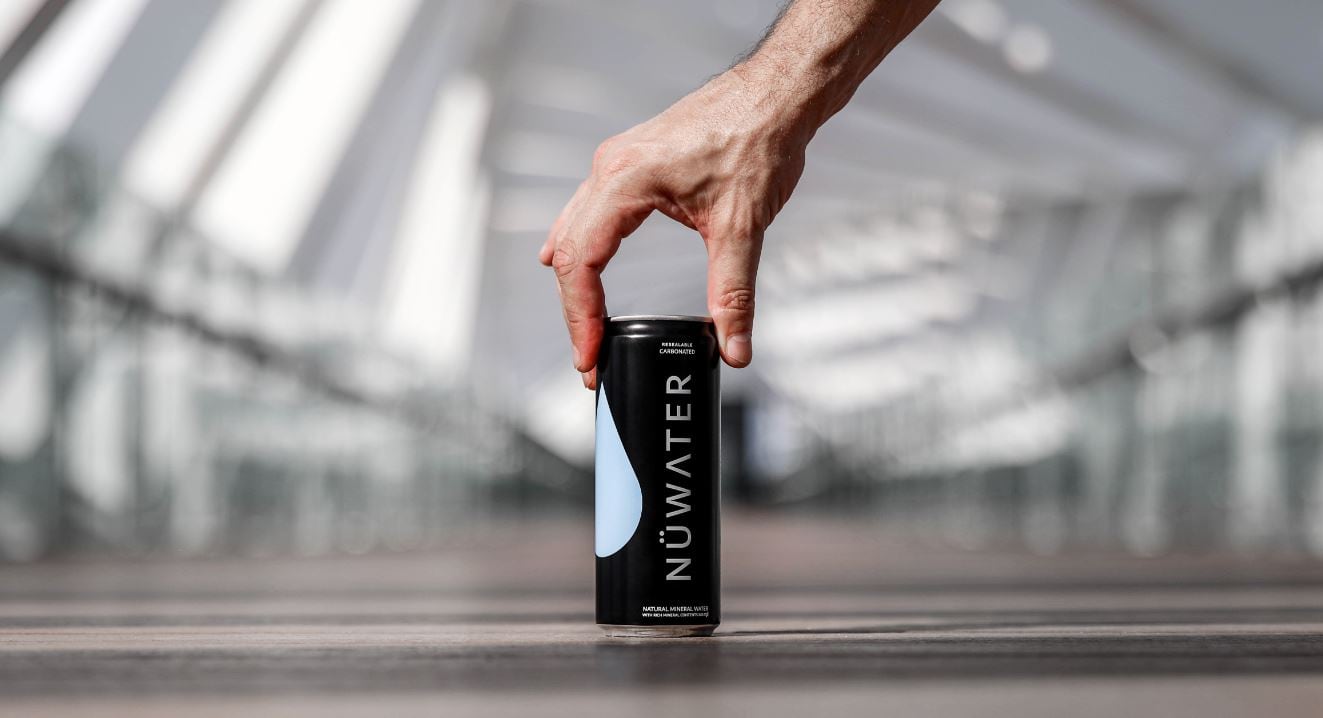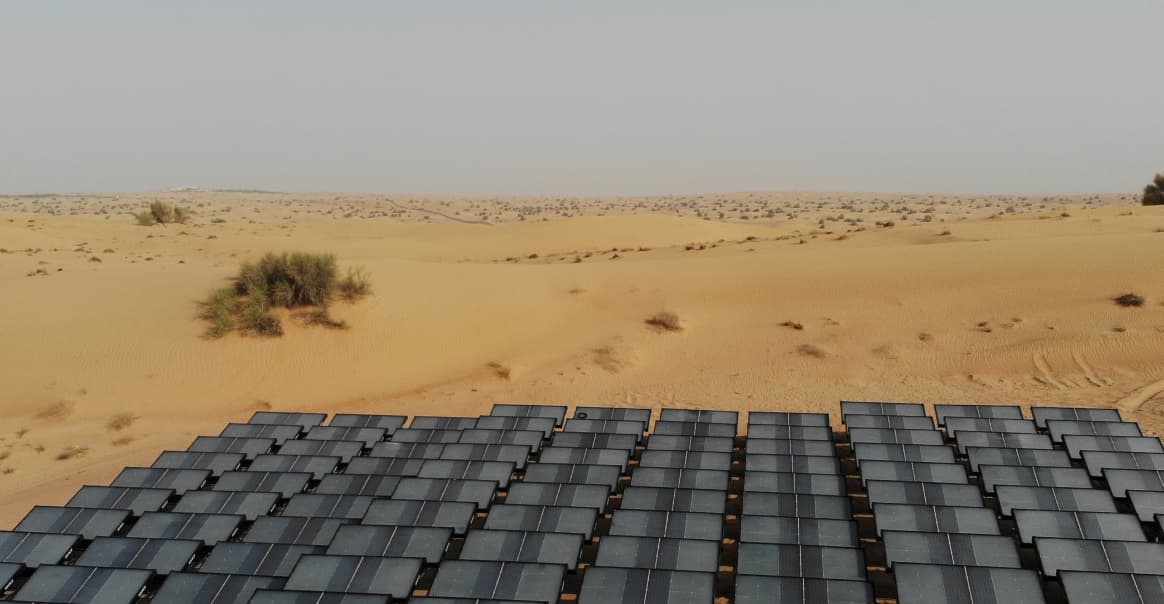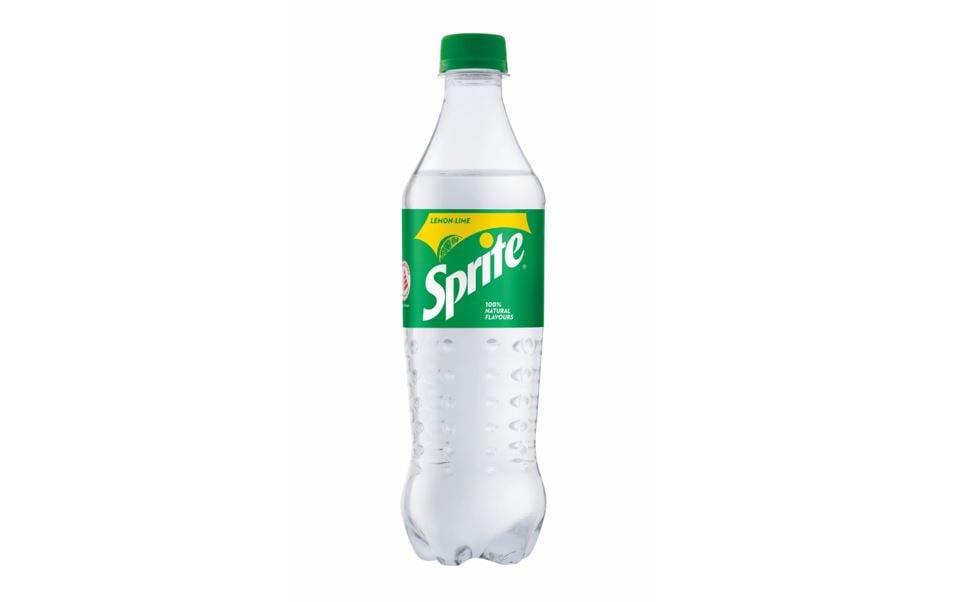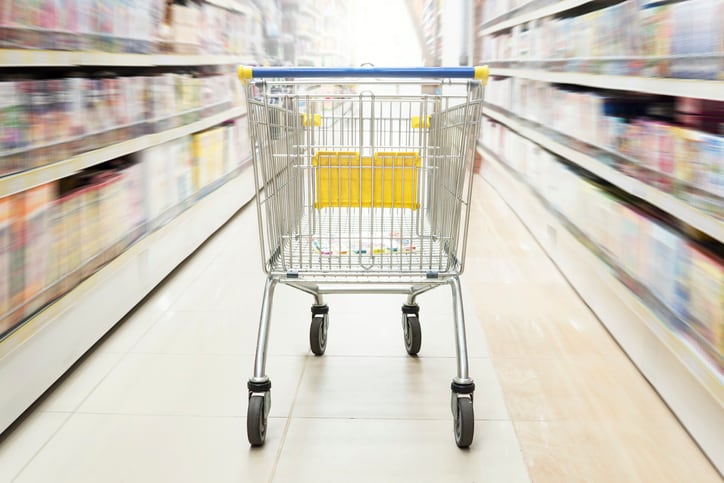The firm launched its sparkling mineral water canned line at the end of September, and is set to release its still water line mid-November.
The company claims that its manufacturing process is 100% carbon neutral, and has set a goal of becoming net positive by 2023, at the same time aiming to reduce single-use plastics globally.
According to Cyrus Alavi, CEO of NÜWATER who has a background in engineering, he conceived the idea about 19 months ago to create products better for the community and environment.
The firm initial focus is on drinking water, as most of it in UAE is either desalinated or imported.
“We don't have the luxury of drinking water out of a tap. So, most people (in UAE) buy water in plastic bottles,” Alavi added.
Imported drinking water produces carbon emissions throughout its supply chain from manufacturing, packaging and transportation.
On the other hand, desalination is an energy intensive process removing salt and minerals in sea water to produce clean drinking water. However, in the process, a by-product called brine is formed and pumped back into the ocean which harms marine life.
Alavi said: “These wouldn’t fit with our idea of championing sustainability in the region, because they were not sustainable methods or sources of water.
“Drinking from filtered tap water from a reusable carrier is still the most sustainable way of drinking water. However, we know this isn’t always possible and have therefore we decided to create the best alternative.”
Alavi told FoodNavigator-Asia choosing aluminum was the best option for bottled water, as it was recyclable within 60 days.
“Once aluminum is consumed, it goes back into the system so it's infinitely recyclable. Whereas plastic bottles, they don't have the kind of innate value to them. So, most of them end up in landfill or are incinerated.
“New plastic is being made everyday, but the majority of aluminum today is actually aluminum which was mined in the mid-1970s. It is going back into circulation and consistently recycled. It doesn’t lose any of its composition.
“There are many different kinds of beverage containers in UAE, you’ve got box waters which are becoming more popular now, but cans are by far the most sustainable packaging.”
Convenience not compromised
Alavi said the firm’s long-term objective would be to help reduce single use plastic in UAE.
While canned water is popular in US, Europe and New Zealand, Alavi explained that its resealable lid was a unique feature.
“People aren’t used to drinking water from a can, so one of our biggest USPs is that we have a lid on the top that allows it to be open and closed at the same time. That’s quite different from what people see and they're immediately drawn to the product.
The resealable lid is made from plastic, which Alavi said might seem contradicting to its sustainability focus.
“However, people favour convenience over everything, we found if we did not have the lids, people were less inclined to pick it up. This way, you can carry it everywhere in your gym bag, hand bag etc.
“When they pick up our product, it meets our long-term objective to reduce single use plastics in the region, and hopefully globally.”
Water source
The firm sources its natural mineral water from a spring in Europe, and also cans it at its manufacturing site located at the source.
The water contains natural minerals such as magnesium, iron, calcium and iron. It has a total dissolved solids (TDS) of 886. The higher the TDS, the more minerals and taste the water will have.
One litre of NÜWATER contains around 40% and 18% of the recommended daily intake of magnesium and calcium respectively.
Having its production and packaging in Europe, before shipping over to UAE may incur additional carbon footprint, however Alavi was quick to add that its entire manufacturing process was carbon neutral.
“We are conscious that by moving further away, our footprint increases, so we ensured that our manufacturing process has no footprint for us as a company.”
The firm uses solar and wind power to offset its carbon emissions in Germany. In 2023 when it plans to become carbon positive, it aims to create more energy than it consumes, and pump it back into the grid.
NÜWATER also donates 10% of its profits to Project Maji to install clean water stations in micro communities across Africa, and positively impacting one million people by 2025.
Sales and future outlook
The sparkling mineral water line is sold on NUWATER’s website, Amazon and online grocery platforms such as InstaShop and Kibsons. It retails for AED 95 (US$25) for a pack of 24 cans (330mL/each).
They currently only ship within UAE, but Alavi said the firm is looking to launch into a new market in March.
The firm of eight is also planning to enter supermarkets, wellness facilities, and gyms in November, and is exploring developing more products to reduce single use plastics in the region.




